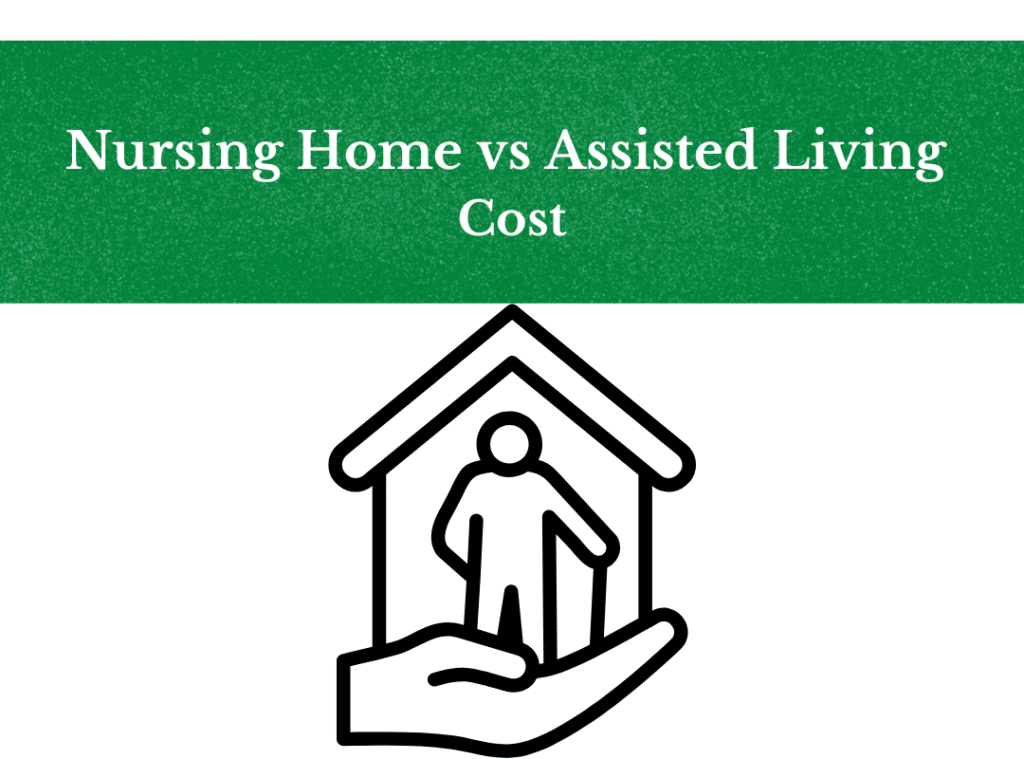Criteria for Nursing Home vs Assisted Living: Choosing the Right Care
Making care decisions for a loved one can be emotionally overwhelming, especially when choosing between assisted living and nursing home options. The choice involves more than location or convenience—finding a setting supporting medical needs, independence, memory care, and overall quality of life.
By understanding the criteria for nursing home vs assisted living, families can make informed choices that balance healthcare needs, personal preferences, and financial considerations. Whether the question is “Does my mom need assisted living or a nursing home?” or when to start planning the next step, the guidance below can help you navigate this important decision.
Evaluating Health and Support Needs
The first step in identifying the appropriate care environment is to assess medical and physical needs. Nursing homes are ideal for individuals requiring 24/7 medical care or rehabilitation, while assisted living suits those needing help with daily tasks but who can live more independently.
If you’re unsure when to move from assisted living to a nursing home, consult your healthcare provider and review signs like frequent falls, worsening memory, or unmanaged chronic conditions. You can also use the National Institute on Aging evaluation tools to guide your decision.
For those facing cognitive challenges, understanding options like memory care is essential. This specialized type of care provides structured routines and cognitive therapies that can benefit individuals with dementia or Alzheimer’s.
Understanding Financial Differences
Budgeting for care is one of the most practical elements of decision-making. Nursing homes cost nearly $10,000 per month, while assisted living facilities average just under $5,000. The disparity in cost makes it crucial to compare services and available financial support.
Programs like Medicaid offer coverage for nursing homes and, in some states, limited assisted living support. Veterans may also qualify for VA Aid and Attendance benefits to help offset costs.
Learn more about what’s included in the monthly assisted living cost to make a fully informed decision. Financial planners can also help families determine eligibility for support programs and long-term care insurance.
Matching Care to Ability: The 5 Levels of Assisted Living
The five levels of care in assisted living are a helpful framework for determining whether a resident’s needs match what a facility can offer. These levels range from minimal assistance to advanced support for those nearing skilled nursing care requirements.
| Level | Support Provided |
| Level 1 | Occasional help with daily tasks |
| Level 2 | Routine assistance with grooming or medication |
| Level 3 | Frequent help with mobility and hygiene |
| Level 4 | Significant supervision, including mild cognitive support |
| Level 5 | Full-time care approaching skilled nursing |
If a resident exceeds level 5, it may be time to move from assisted living to a nursing home, especially when needs include tube feeding, ventilator care, or mobility loss.
Explore detailed guidance from A Place for Mom to learn how different levels influence your care decision.

Cognitive Decline and Dementia-Specific Considerations
When dementia enters the picture, the decision-making process becomes more complex. Many families wonder about assisted living or a nursing home for dementia care. In early stages, memory care within assisted living can offer a supportive setting focused on security and structured routines.
As symptoms progress, families may need to consider transitioning to nursing homes with medical staff trained in handling advanced dementia and behavioral complications. According to the Alzheimer’s Association, 6 in 10 people with dementia will wander, making secure environments critical.
You can also find valuable family resources from the National Institute on Aging’s dementia care guide.
Social Connection and Emotional Well-being
Social engagement plays a powerful role in seniors’ emotional and cognitive health. Assisted living communities typically provide more structured social opportunities like outings, game nights, or wellness classes. These environments encourage connection and independence.
In contrast, nursing homes often prioritize medical care over activities, limiting opportunities for interaction. However, many are now investing in social programming, recognizing the positive effect on resident outcomes.
Ask about resident engagement in both settings when deciding whether my mom needs assisted living or nursing home care. A strong social environment can combat loneliness and improve life satisfaction.
Safety, Supervision, and Monitoring
As you evaluate care options, consider the frequency and type of health monitoring required. Assisted living typically supports medication reminders and periodic wellness checks, while nursing homes offer skilled nursing and clinical oversight.
Refer to a care assessment plan to determine what level of supervision is appropriate. For loved ones with chronic conditions, worsening mobility, or complex medical needs, increased supervision can be a determining factor for transitioning to nursing care.
Planning for Transitions
Future-proofing your care decision involves anticipating changing health conditions. Discuss options for transitioning between care levels with community staff. Understanding the criteria for nursing home vs assisted living helps families avoid unnecessary stress when needs evolve quickly.
| Trigger for Transition | Suggested Action |
| Frequent hospital visits | Evaluate nursing home care |
| Cognitive decline | Consider memory care or skilled care |
| Family caregiver burnout | Explore full-time facility support |
| Inability to complete ADLs | Upgrade to a higher care level |
Talk with your physician or care coordinator about developing an advanced care plan that outlines the circumstances under which care should escalate.
Family Involvement in Care
No matter the setting, family involvement is vital. Facilities prioritizing transparent communication and family engagement generally deliver better resident outcomes. When comparing assisted living versus nursing homes, ask how family members are included in care planning and updates.
Westmont Living communities emphasize family visits, digital communication tools, and collaborative care plans. Technology such as video calls can help you stay connected, particularly when long distances make in-person visits difficult.
Making the Right Care Decision
Choosing between assisted living and nursing home care is deeply personal and requires careful evaluation of physical, emotional, and financial needs. Whether you’re asking, “Does my mom need assisted living or a nursing home?” or planning for assisted living or a nursing home for dementia, the right choice promotes dignity, independence, and peace of mind.
At Westmont of La Mesa, we’re here to help you through this journey. To learn more or schedule a tour, visit our community page or call us directly at 619-369-9700.
Discover the level of care you or your family member requires. What Level of Care Do You Need?
Frequently Asked Questions
Is memory care considered skilled nursing?
Memory care is not considered skilled nursing, although both offer specialized support. Memory care focuses on individuals with Alzheimer’s, dementia, or other cognitive impairments, providing structured routines and safety features. Skilled nursing, conversely, delivers medical care by licensed nurses for individuals recovering from illness or surgery. While both involve professional support, memory care emphasizes supervision and daily assistance rather than complex medical treatment.
What is the difference between skilled nursing and assisted living?
Skilled nursing provides 24/7 medical care and rehabilitation services that licensed healthcare professionals administer. It is typically for individuals with severe health conditions or those recovering from surgery or hospitalization. Assisted living offers help with daily activities like bathing, dressing, and meals, but does not include intensive medical care. Essentially, skilled nursing is more clinical, while assisted living focuses on promoting independence with personal support.
What is a retirement home?
A retirement home is a residential facility for generally independent older adults who may benefit from community living and minor assistance. These homes offer private or shared accommodations, meal services, recreational activities, and basic support. Retirement homes do not typically provide medical care but may coordinate it if needed. They offer a secure, social environment tailored to the lifestyle needs of seniors.
Is assisted living covered by Medicare?
Medicare does not cover assisted living costs, including room and board or personal care services. However, it may pay for certain medical services provided within an assisted living community, such as physical therapy or doctor visits. Most assisted living costs are paid out-of-pocket, through long-term care insurance, or Medicaid if the individual qualifies. Understanding coverage limitations is crucial when planning for senior living expenses.








